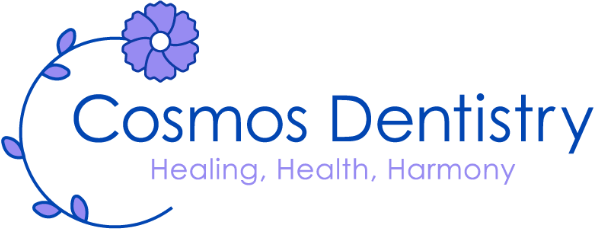A guide to tongue, lip tie: What it is, why it matters for your health, and how to treat it
Family members of all ages from throughout our corner of Eastside King County, Washington trust our blend of advanced, comprehensive, and gentle dentistry. Our approach to correcting lip and tongue ties fits in well with the array of services available at Cosmos Dentistry in Bellevue to restore the aesthetics, comfort, function, structure, and health of your (or a loved one’s) smile and face.
Out-of-this-world treatment, including frenuloplasty
The muscle that is your tongue (and its interconnected “parts”) are instrumental in its functions, which can either help or hinder your day-to-day activities and quality of life. In addition to helping you “taste” and get the utmost enjoyment from the foods that you love, the tongue aids in roles not limited to:
- Speech and the clear and proper pronunciation of words
- Healthy, comfortable, and efficient chewing
- Proper swallowing patterns
- Cleansing food particles from your teeth and other tissues to manage the development of destructive dental decay and gum disease
- Supporting the movements that allow you to do many enjoyable activities, from kissing to playing certain musical instruments!
However, these and other motions may be challenging, if not impossible, for tongue-tied individuals. The tongue tie itself refers to fibrous bands of tissues. These tissues are responsible for attaching the lips, cheeks, floor of the mouth, and jawbone.
The “labial frenum” connects the lips to the gums, while the “lingual frenum” attaches the tongue to the lower jaw. If those tissues are overly tight or join at the wrong place near the tip of the tongue, proper function can be impeded. For instance, an overly high upper or labial frenum can cause spaces between the teeth or contribute to gum recession.
A too-short or restrictive lower or lingual frenum (sometimes referred to as ankyloglossia) can interfere with normal movement and lead to problems such as speech impediments. Various other health and quality of life issues also arise, which have to do with many of the functions mentioned above.
Resolving tongue tie to restore your wellbeing
Frenuloplasty goes by many different names, not limited to frenectomy, frenotomy, and frenulotomy. However, all of these procedures generally refer to the release of the soft tissues that restrict the movement of the tongue or lips. Modern procedures designed to liberate these tissues and restore muscular health and function come in many different forms and conservative laser-assisted systems are used at Cosmos Dentistry . If you or a child is a good candidate for this process, we will discuss treatment options with you at greater length. Factors such as the depth of the tongue tie into the muscle are considered when recommending specific treatment approaches and techniques.
The process is largely quick and can be performed from the comfort of our office with precise, numbing anesthetic. The procedure is tolerated well by many patients. We are happy to discuss options to help you relax, as well as rinses, antimicrobial mouthwashes, and other products to aid in fast and healthy post-frenectomy healing.
Myofunctional exercises
Surgical interventions are just one piece of the puzzle that is correcting lip and tongue tie. Our talented dentist, Dr. Tokiko Poppe, will discuss any physical therapies or tailored activities to encourage proper function of the problematic muscles (the “myo” in “myofunctional”). These exercises help speed up the healing process, prevent scar tissue from forming at the treatment site, and “train” on the correct use of the tongue when speaking and otherwise using this all-important muscle.
If a tongue or lip tie is suspected, call us! Schedule an appointment with Dr. Poppe at the office of Cosmos Dentistry in Bellevue, WA. Our team can be reached at (425) 448-4770 or from this website (just visit the “Patient Portal”).


